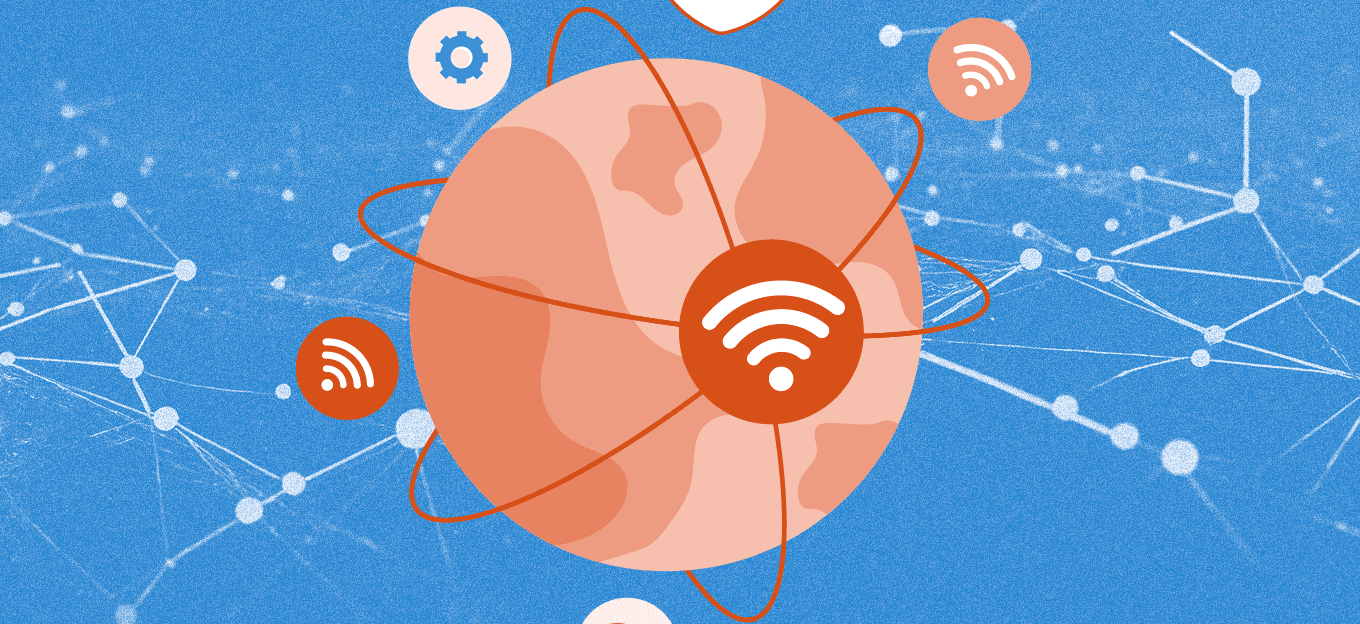Cultivating Skills and Knowledge for a Flexible IoT Career
Cultivating Skills and Knowledge for a Flexible IoT Career
- Last Updated: December 2, 2024
Noah Rue
- Last Updated: December 2, 2024



Internet of Things (IoT) and all the varieties of devices that fall within the category represent tech innovations of unlimited potential. The IoT market has now reached a value of $250 billion, with no slowdown in sight. This is because IoT adds value to every stage of a business process.
Facing this reality, IoT professionals have their pick regarding the path they want their careers to take. From agriculture to zoology, there is virtually no industry that IoT innovation cannot serve. However, securing a flexible IoT career that allows you to move from industry to industry and do the most good first requires you to build the proper skills and knowledge.
Securing a flexible IoT career by finding the right programs for you can help cultivate skills and knowledge that may put you on a path to success.
Here, we explore just what these needed skills are and how you can go about acquiring them.
Build a Flexible Skillset
The IoT industry is as diverse as it is vital. But building a successful and flexible IoT career requires the proper training and expertise. Often, this comes down to pursuing a bachelor’s or even master’s degree in computer science, software development, cyber-physical systems, or engineering. However, there are other paths and supportive certifications that can help you advance your IoT endeavors.
Whether you decide — a complete college education (expected by most employers) or an alternative self-directed education — IoT revolves around data science. Because of this, you should prepare yourself by developing the necessary soft skills in the field. These include:
- Focused learning and ability to vet information
- Clear communication
- Ability to optimize your tools for diverse needs
These skills will serve as an essential foundation that will underscore your IoT career. Since IoT is all about data, knowing what data to parse and communicating functions and analytics is essential for success. To develop all these soft skills, put yourself in the shoes of your intended users and customer base and ask yourself questions regarding how data collection and monitoring functions through IoT can best serve them. Then, you can select the tools, programming languages, integrated development environments (IDEs), and more to help you communicate solutions.
With your soft skills ready to support you through your IoT endeavors, your next step is to develop an iterative framework that can help you create IoT solutions for any industry. Iterative development entails defining, designing, refining, prototyping, and testing your ideas for the people who will use them.
An iterative framework atop essential soft skills sets any IoT professional up for a flexible career. With these tools, you can develop the processes you need for applying IoT products and managing the resulting data. This foundation can propel your career into new and lucrative niches. But first, explore the available certification opportunities and career paths.
Certifications to Pursue
An estimated 5.8 billion endpoints currently make up the IoT world. This massive number constitutes all kinds of sensors and modules in various industries, all of which can represent opportunities for the astute IoT professional. From certifications in different elements of IoT use to information system specializations that can be maximized with the power of IoT, you can develop your skills along with all kinds of lucrative paths.
There are plenty of opportunities out there for an IoT enthusiast of any level. Certifications can be obtained through companies from Cisco to IoT-Inc, with commitments of varying lengths and difficulties. For example, Cisco offers a certification course that is a mere 20 hours. Through their program, you can gain your CCENT or CCNA certification.
Then, there are university-sponsored programs. Stanford School of Engineering offers an introductory course completely free to the public; all it takes is filling out a non-degree option application. From there, you can decide whether or not you want to complete a graduate certificate program that can ensure your ability to pursue your IoT goals flexibly.
Regardless of the path, you take towards extensive IoT knowledge, all kinds of industries await information systems professionals who can efficiently navigate an IoT framework. Here are some of the most prominent fields where data connections are increasing the need for IoT pros:
- Healthcare
- Airlines
- Finance
- Manufacturing
All these industries are growing at double-digit compound annual growth rates (CAGR), so moving between them as an IoT expert can be simple with the right skillset. As mentioned, a foundation of soft skills and iterative frameworks in your IoT products and data approach can be the perfect place to start. Since IoT is increasingly everywhere, a flexible career is only a comprehensive education away.
Securing a Flexible IoT Career
IoT is mighty. As 5G wireless connectivity becomes commonplace, these connected devices have greater potential than ever before. Making a real difference in your career with the insights and innovation possible through IoT comes down to what certification programs you choose and what foundational skills you support them with. Secure a flexible IoT career by finding the right programs for you. Then, cultivate the experience you need to add value to any industry you find yourself in.
The Most Comprehensive IoT Newsletter for Enterprises
Showcasing the highest-quality content, resources, news, and insights from the world of the Internet of Things. Subscribe to remain informed and up-to-date.
New Podcast Episode

IoT in 2026: Trends and Predictions
Related Articles


